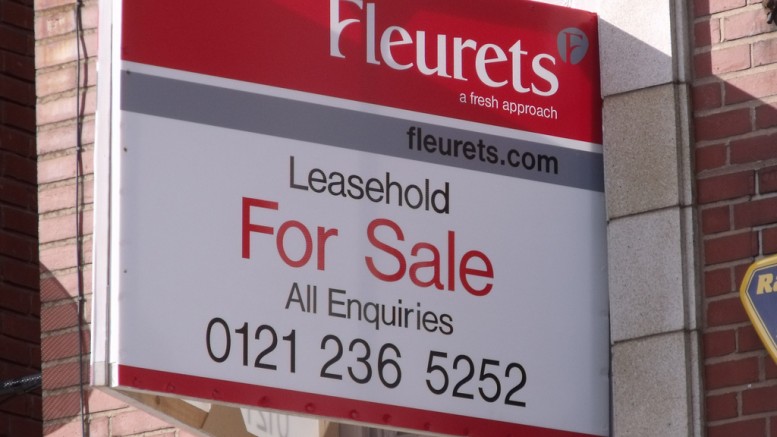In many of the items I read, there are queries about leases. These are often along the lines of ‘I want to buy a property with only 19 years left on the lease. Should I try and get the lease extended?’ (At a cost, of course). The advice given will depend on the area, the cost of extending and whether it would be a worthwhile investment.
However, in many parts of the country, my own included, properties were built with leases of 999 years. Laughable as this term is (I have no expectation of my 1930’s property lasting until the expiry of the lease!) it can have quite serious repercussions, if the ground rent is not paid. The older the property is, the smaller the ground rent charge is likely to be, so can appear to be a trivial matter. A query put to me recently shows how wrong this impression is.
The landlord had a property which had been tenanted for 10 years. Before this, the landlord had lived in the property himself, briefly. All seems to have gone reasonably well, until the current tenant advised the landlord that something had arrived for him. On going to collect it and opening it, shock and horror was the reaction. The landlord had not paid ground rent on the property for 11 years. The sum was a paltry £2.10 per year. Outstanding sum therefore £23.10? Wrong! Outstanding sum £1,897.00.
This seems monstrously high, but on checking the invoice, in addition to the £23.10 outstanding amount, there was a late payment fee of £75 included, plus court costs and solicitor’s costs for pursuing the case on behalf of the lease-holder. Included in these was the office costs associated, costs of letters and costs of checking with land registry who owned the property and his address.
Although the current tenant had passed the only associated mail to the landlord, it seems previous tenants may not have been as concerned, and presumably the 10+ demands for payment of ground rent had been filed in the bin.
There was little I could advise the landlord, as they were entitled to make these charges. I googled the solicitor asking for the leaseholder and it appears that they have quite a reputation in these cases. Many people are not happy when they are caught and believe it is a ‘Scam’. I am not so sure that it is. They are pursuing debts and though the amounts are small, their charges are not.
My advice to the landlord was to make an offer in settlement (the outstanding debt and the late payment fee seem reasonable) and see whether they would be prepared to accept it. I also advised that a standing order for the derisory sum be set-up immediately, so there is not a repeat of its’ getting forgotten again.
When you buy a property, it is always very clearly explained whether it is freehold, a flying freehold (where part of the property is over or under an adjoining property) or leasehold. Details of the leaseholder and how much ground rent must be paid will also be clearly stated. Ignore their demands for payment at your peril! If you know you have a leasehold property, make sure the lease-holder knows the property is tenanted and to send all ground-rent demands to your home address. The advice is always the same – cover your back. If in doubt, discuss it with the leaseholder. Better that than presentation of an unexpected bill.
For advice on buy to let issues – General Knowledge








Be the first to comment on "Don’t Get Caught By Your Leaseholder"